4G threat to Freeview not as bad as feared, study suggests
Industry body announces surprising results from 4G-Freeview field trial.
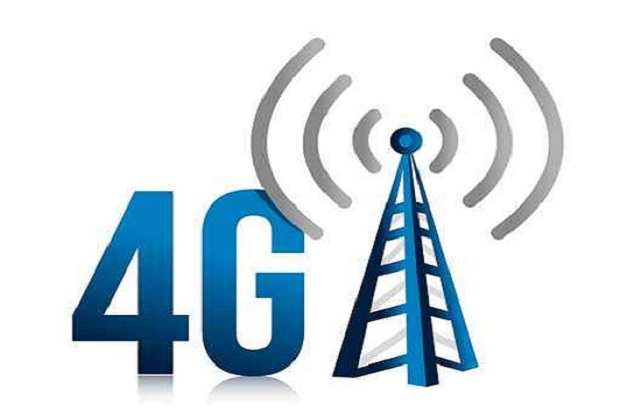
Sign up today and you will receive a free copy of our Future Focus 2025 report - the leading guidance on AI, cybersecurity and other IT challenges as per 700+ senior executives
You are now subscribed
Your newsletter sign-up was successful
The rollout of 800MHz 4G services across the UK may not affect as many Freeview customers as first thought, suggests the results of a recent field trial.
At800, an industry body offering corrective support to Freeview customers who suffer 4G-induced interference, recently carried out a live test to help forecast how many UK households are likely to affected by the launch of 4G.
The organisation, which is funded by mobile operators EE, O2, Three and Vodafone, chose Cradley Heath and Rowley Regis in the West Midlands as the site for its study.
Around 22,000 homes in the vicinity of the area's 800MHz 4G masts were contacted by at800 in the run up to the trial and were instructed to contact the organisation if they experienced Freeview interference once 4G was switched on.
Before the trial was carried out, at800 predicted that around 120 homes would be affected, but - in total only 15 were.
"Over 100 calls were logged by at800 from these [22,000] households," said at800 in a statement. "Professional aerial installers, as well as TV signal experts from at800, the BBC and Ofcom visited the locations that reported problems to verify their cause."
The results suggest early estimates about the number of Freeview customers expected to experience service trouble as the result of the 4G switch-on could be wide of the mark.
Sign up today and you will receive a free copy of our Future Focus 2025 report - the leading guidance on AI, cybersecurity and other IT challenges as per 700+ senior executives
For example, the Government's media secretary Ed Vaizey warned last May that the launch of 4G could result in nearly two million homes losing access to Freeview services.
All of the affected households that took part in the at800 pilot featured television systems with signal amplifiers, either in communal blocks or domestic installations where the amplifier was attached to the aerial, at800 added.
"A filter that blocks 4G signals at 800 MHz from reaching TV tuners resolved the problems seen by viewers when installed between aerial and amplifier," the organisation said.
Simon Beresford-Wylie, chief executive of at800, said the test results will help improve the organisation's forecasting model.
"Further extensive evaluation will occur during April and May as masts are switched on for tests across larger urban areas," he added.
-
 ITPro Best of Show NAB 2026 awards now open for entries
ITPro Best of Show NAB 2026 awards now open for entriesThe awards are a fantastic opportunity for companies to stand out at one of the industry's most attended shows
-
 Mistral CEO Arthur Mensch thinks 50% of SaaS solutions could be supplanted by AI
Mistral CEO Arthur Mensch thinks 50% of SaaS solutions could be supplanted by AINews Mensch’s comments come amidst rising concerns about the impact of AI on traditional software
-
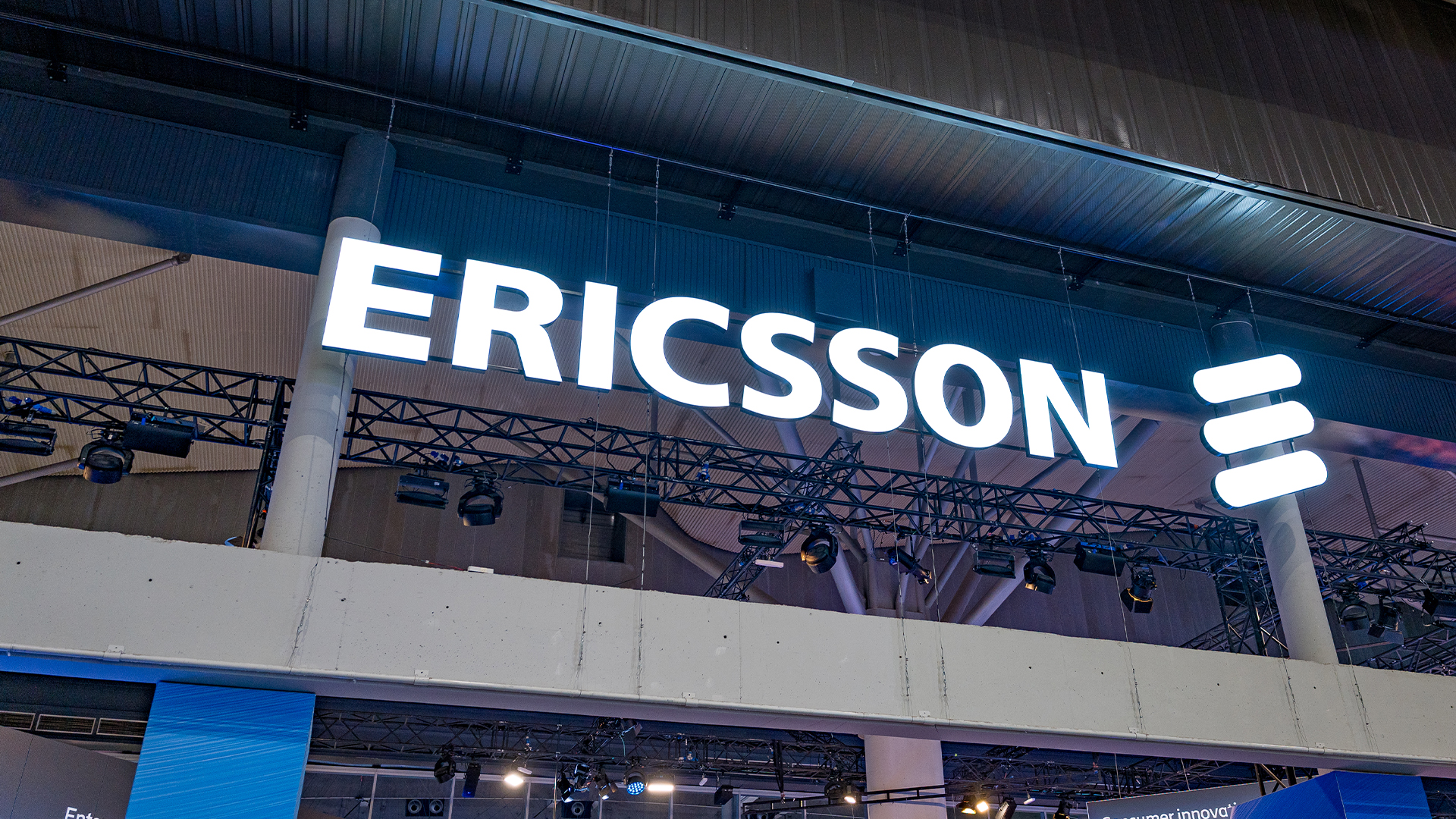 Three and Ericsson just launched a first-of-its-kind managed 5G service for businesses
Three and Ericsson just launched a first-of-its-kind managed 5G service for businessesNews The new 5G service looks to supercharge business connectivity across Ireland
-
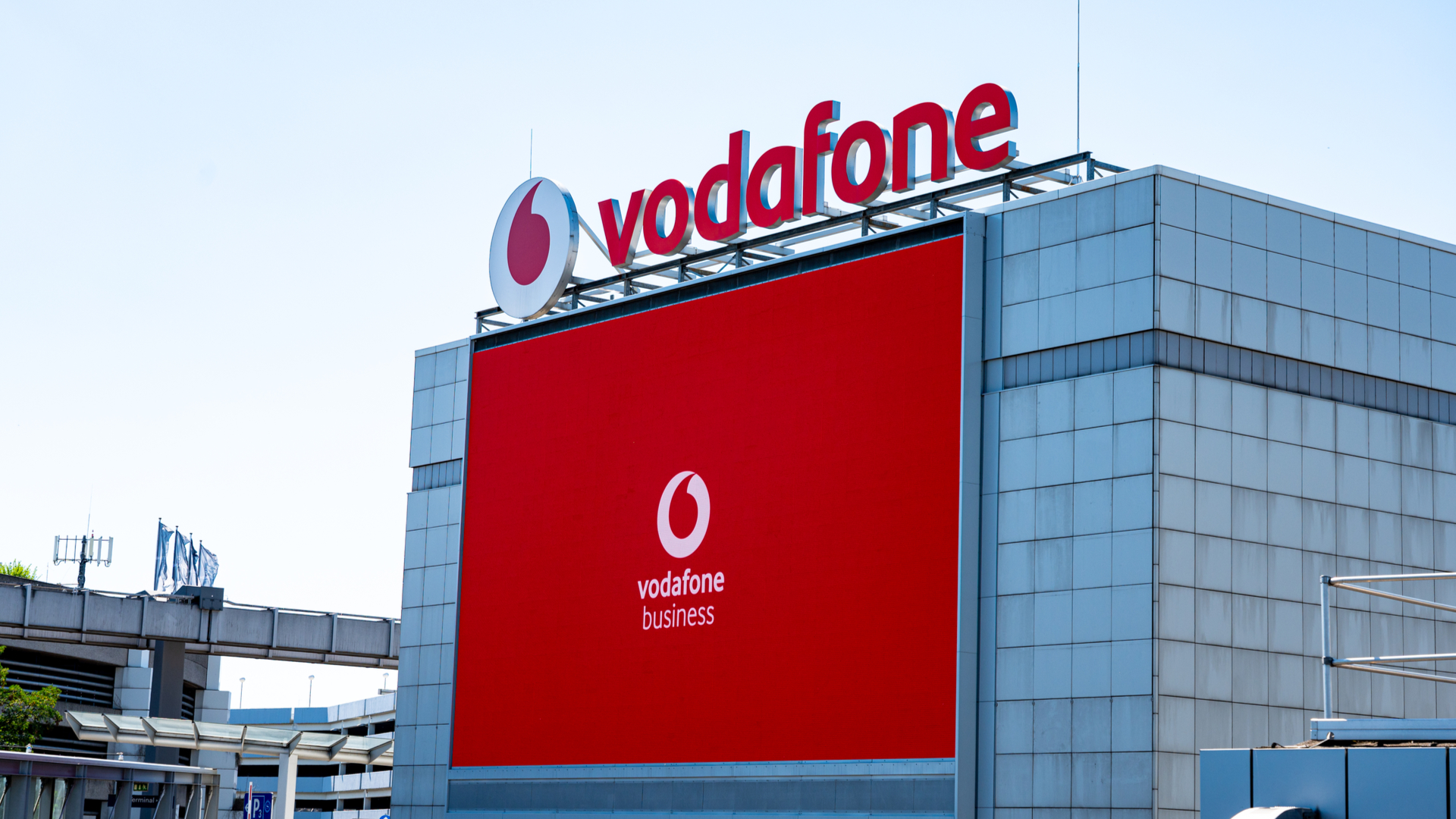 Vodafone and Altice launch €7 billion joint venture in Germany
Vodafone and Altice launch €7 billion joint venture in GermanyNews The British telco currently offers connections to over 24 million homes in Germany, its biggest market
-
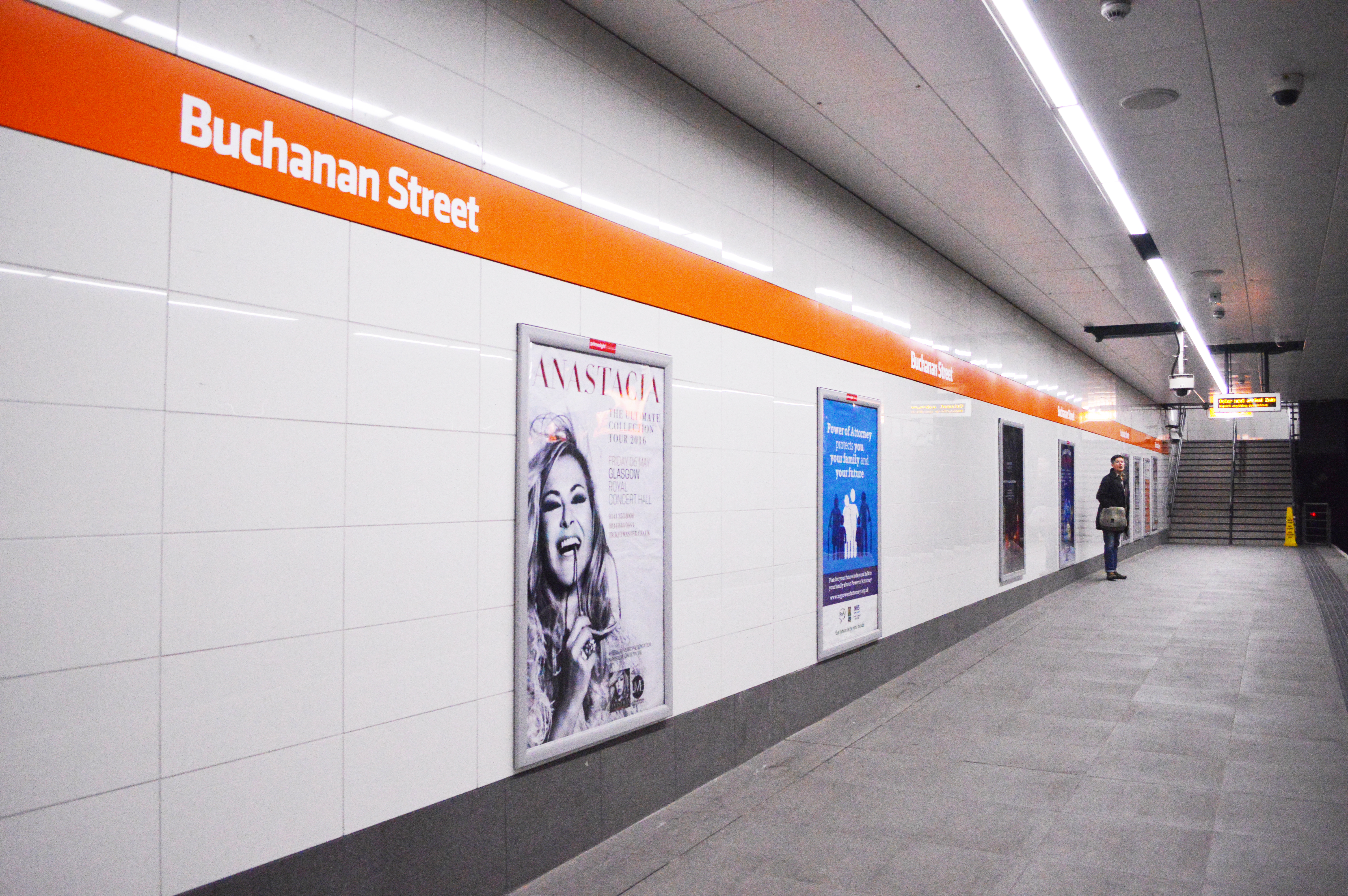 EE rolls out 4G across Glasgow's underground network
EE rolls out 4G across Glasgow's underground networkNews The network is currently restricted to EE customers but is likely to expand in the near future
-
 Nokia and NASA join forces to bring 4G to the moon
Nokia and NASA join forces to bring 4G to the moonNews Cellular service will provide the communications needed for meaningful moon exploration
-
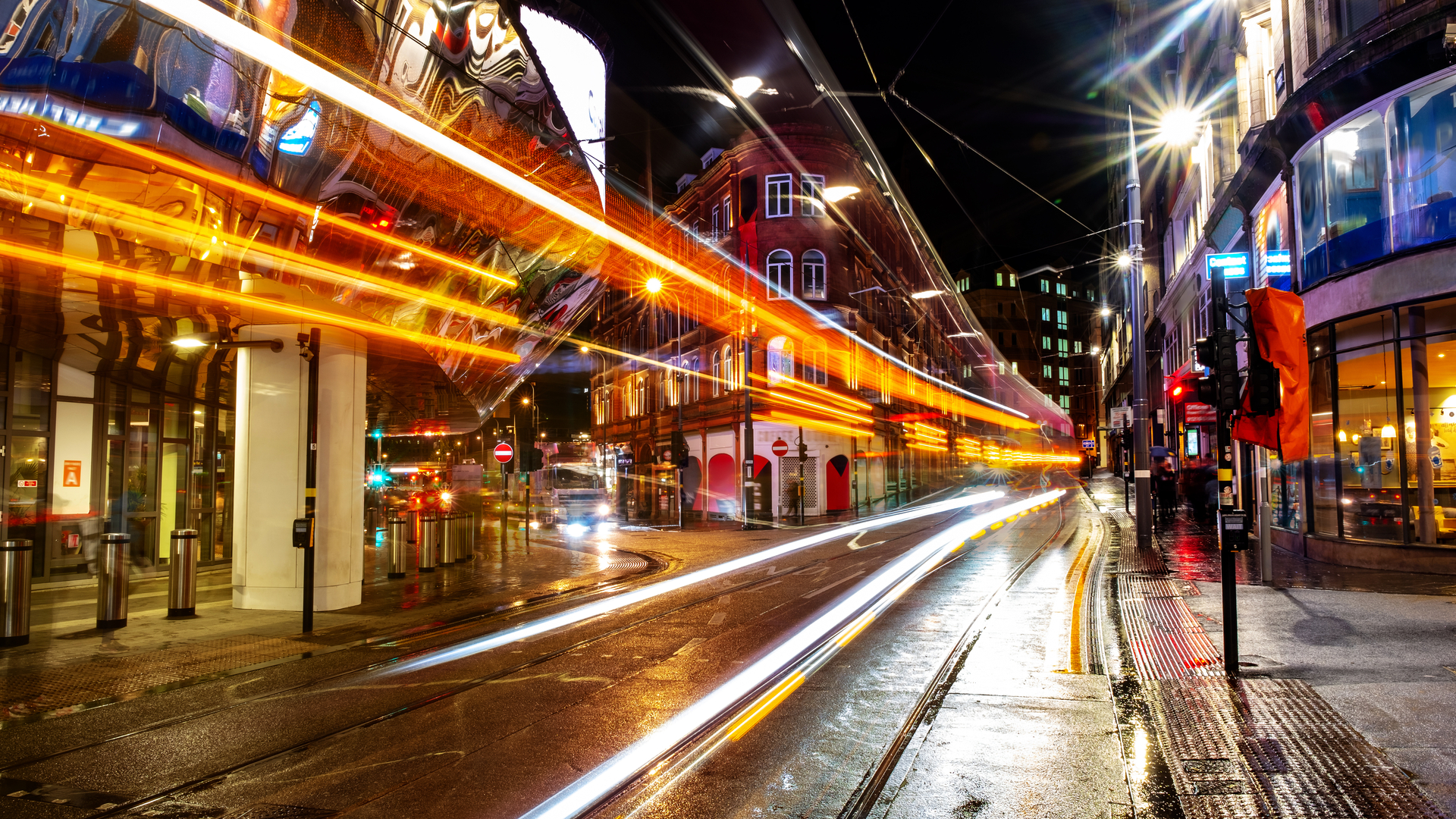 Birmingham crowned the fastest UK city for 4G download speeds
Birmingham crowned the fastest UK city for 4G download speedsNews While Birmingham also recorded the highest speed hike over 2019, London came in at a middling 9th place
-
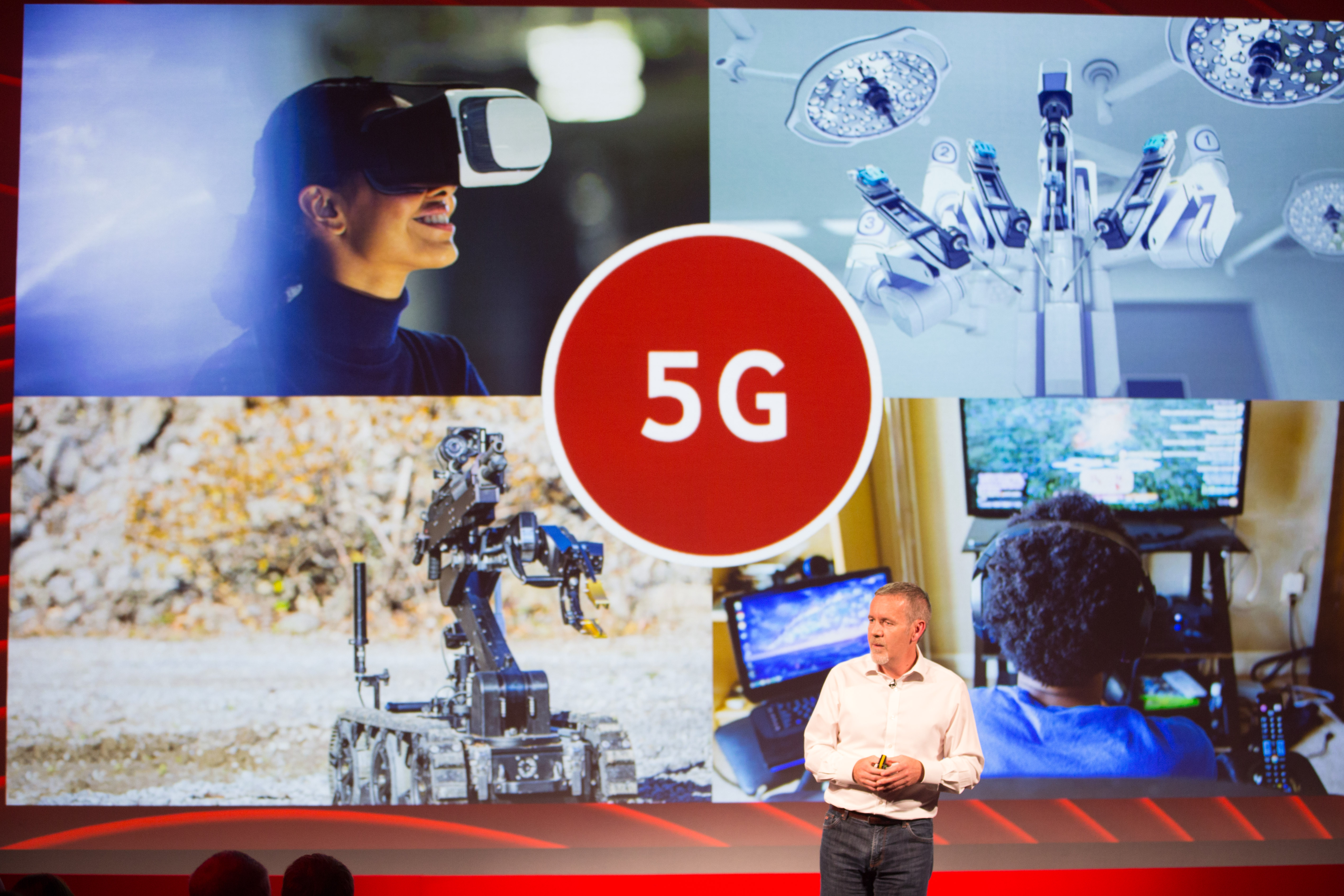 Vodafone to remove Huawei equipment from its core networks
Vodafone to remove Huawei equipment from its core networksNews The decision comes after PM capped Huawei’s involvement in building the UK’s 5G telecoms network
-
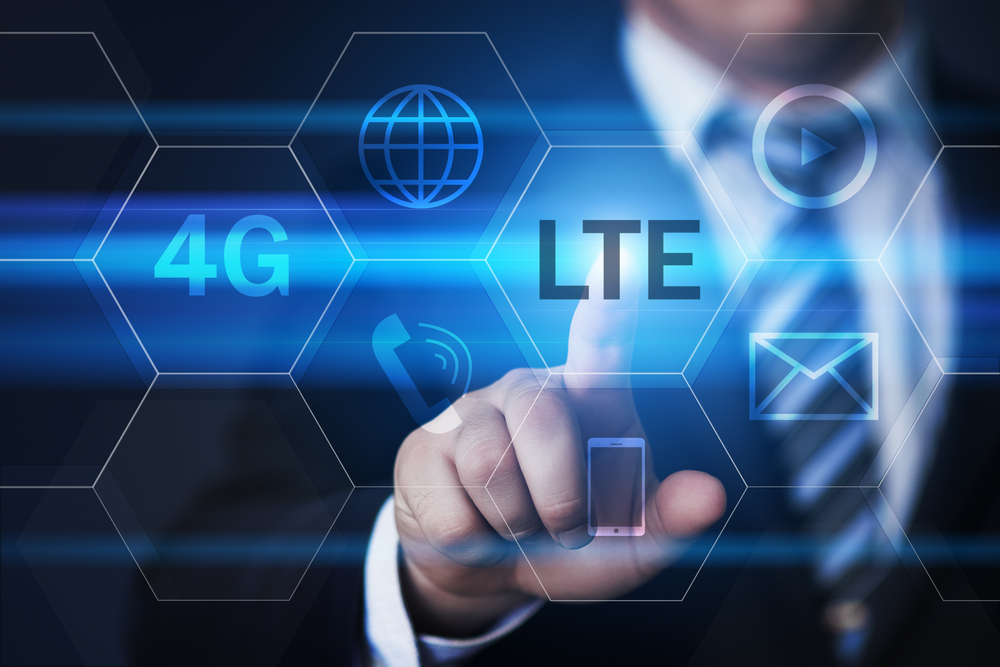 LTE vs 4G: Which is better?
LTE vs 4G: Which is better?In-depth Comparing LTE vs 4G has become common in recent years, but how exactly do they differ, and is 4G faster?
-
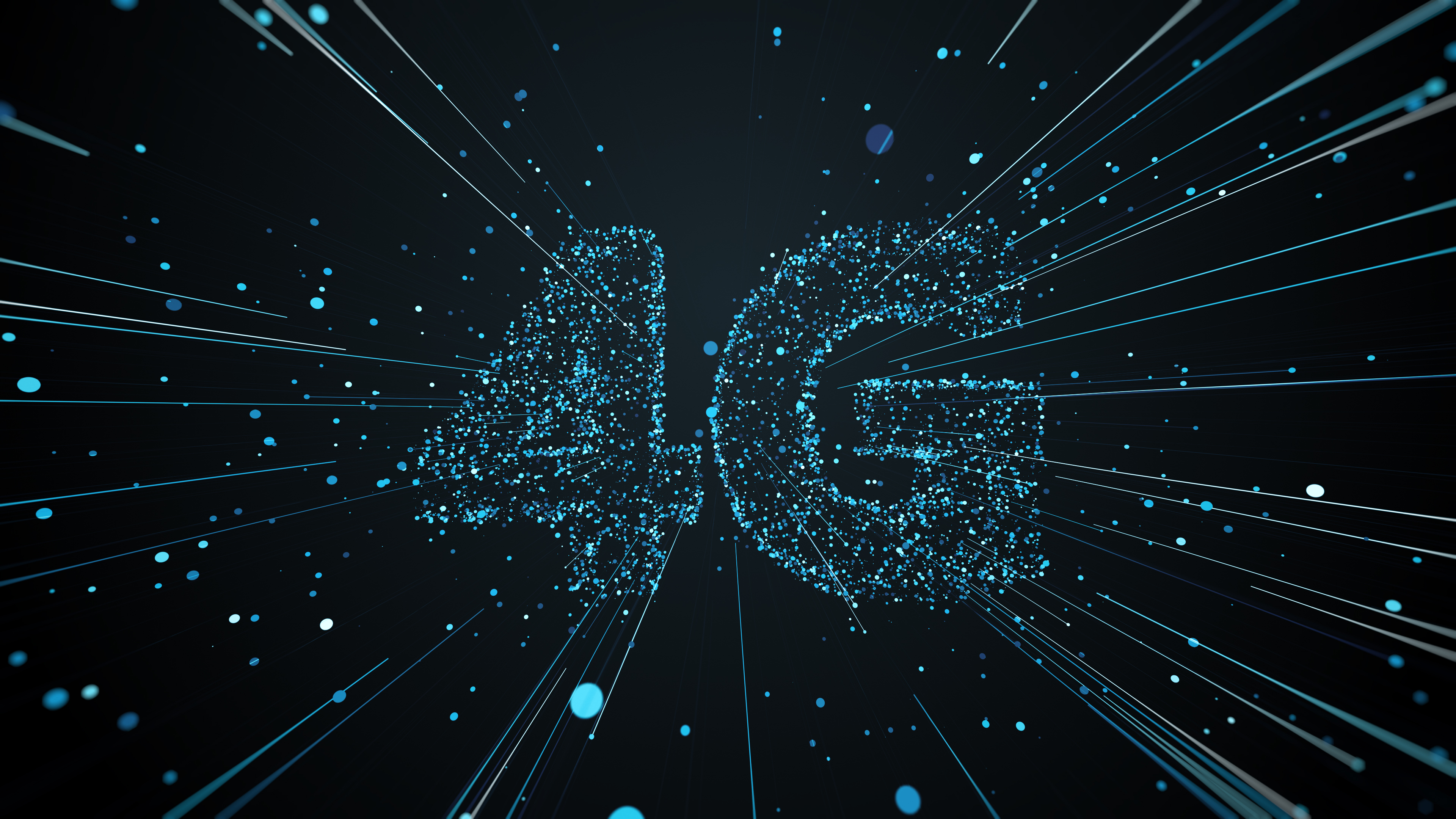 What is 4G?
What is 4G?In-depth A look at the fourth generation of mobile networking technology and its availability in the UK